
In a robust address to Parliament, Finance Minister, Dr. Cassiel Ato Forson, responded to criticisms from the Minority, regarding Ghana’s economic management and the 2026 budget.
He refuted claims that the government was mismanaging the economy, systematically presenting data to demonstrate fiscal discipline, economic stability and deliberate policy choices driving growth.
According to him, the Mahama government was performing well and that they are even going to construct a modern expressway to link Accra and Kumasi, which some members of the minority side are kicking against.
Dr Ato Forson alleged that one of the Minority MPs had written to President Mahama, advising him to stop the construction of the expressway.
Before accusing the minority of trying to stifle plans to construct the expressway, Dr. Ato Forson had challenged assertions that the government had missed at least 50 percent of its budget targets, describing such claims as “curious and inaccurate.”
According to the Minister, macroeconomic indicators show that the government not only met but exceeded expectations.
He emphasised that Ghana’s GDP growth for the first half of 2025 stood at 6.3 percent, surpassing the revised target of 4 percent.
“We have over performed,” he said, emphasising that the growth trajectory demonstrates careful planning and effective implementation of policies. Inflation, he noted, fell dramatically from 23.8 percent in 2024 to 8 percent by October 2025, compared to a target of 11 percent.
Dr. Ato Forson further pointed to fiscal improvements, noting that the primary balance shifted from a deficit of 3 percent of GDP in 2024 to a surplus of 1.6 percent in September 2025, exceeding the programmed 1.5 percent.
Public debt decreased from 61.8 percent of GDP to 45 percent, while gross reserves strengthened from four months of import cover to 4.8 months.
According to the Minister, these indicators reflect not just achievement but “over performance recognised by the market, rating agencies and international institutions including the IMF and the World Bank.
2026 Budget and Responsible Growth Projections
Addressing criticisms of the 2026 budget, Dr. Forson defended the government’s growth projections, arguing that the projected 4.8 percent growth is evidence-based, not wishful thinking. He asserted that responsible economic management relies on realistic assumptions anchored in data rather than political bravado.
The Finance Minister also refuted claims that the budget is “growthless and jobless,” highlighting targeted interventions that contributed to declining inflation and sustainable growth. Measures include the Feed Ghana Input Expansion, Vegetable Value Chain initiatives, mechanisation through the Farmer Service Centers and irrigation covering over 10,000 hectares. Additionally, 1,000 km of agricultural enclave roads are being constructed to reduce transport costs and improve market access.
The Ghana Buffer Stock Company has also invested 200 million Ghana Cedis to stabilize food supply and prices.
“These interventions demonstrate that disinflation is not coincidental but the result of deliberate and data-driven policy,” Dr. Forson said, emphasising the government’s proactive approach to managing food price volatility.
Credit Rating, Fiscal Stability and Policy Management
The Finance Minister addressed concerns that Ghana’s recent credit rating upgrades were solely due to high commodity prices, pointing out that similar commodity levels in 2023 under the previous administration did not prevent economic instability.
He argued that the difference lies in competent fiscal and monetary management, disciplined expenditure, and coordinated intervention with the Bank of Ghana to stabilize the national currency.
Dr. Forson stressed that stability was not a product of IMF programs alone, but of homegrown fiscal policies emphasizing expenditure-led consolidation, auditing arrears, aligning cash to priority sectors and restoring discipline across ministries, departments and agencies.
“Standards and Poor’s attributed our progress to improved fiscal discipline, stronger buffers, and a credible consolidation path not commodity prices,” he explained, attributing the success to deliberate choices made by President Mohammed’s administration.
Responding to claims that security spending was excessive, the Finance Minister clarified that planned acquisitions of aircraft and helicopters for the Ghana Armed Forces are strategic mobility assets, not luxury items.
He emphasised that the aircraft will be used for troop deployment, emergency response, border security, and peacekeeping, and will not feature unnecessary luxury amenities such as bathrooms.
Dr. Forson highlighted that procurement is being conducted directly with foreign partners, eliminating intermediaries, and ensuring value for money.
Conclusion: Evidence-Based Governance
Dr. Ato Forson concluded by reiterating that Ghana’s economic achievements in 2025 demonstrate fiscal discipline, strategic policy implementation, and responsible management across key sectors including agriculture, security, and infrastructure.
He emphasised that evidence-based decisions, rather than politically motivated claims, define the government’s approach to economic stability and growth.
“Ghana is regaining credibility through discipline, not coincidence,” he said, calling for recognition of deliberate policy choices rather than misleading narratives.
For more news, join The Chronicle Newspaper channel on WhatsApp: https://whatsapp.com/channel/0029VbBSs55E50UqNPvSOm2z
The post Minority Oppose Construction Of Accra-Kumasi Expressway –Ato appeared first on The Ghanaian Chronicle.
Read Full Story
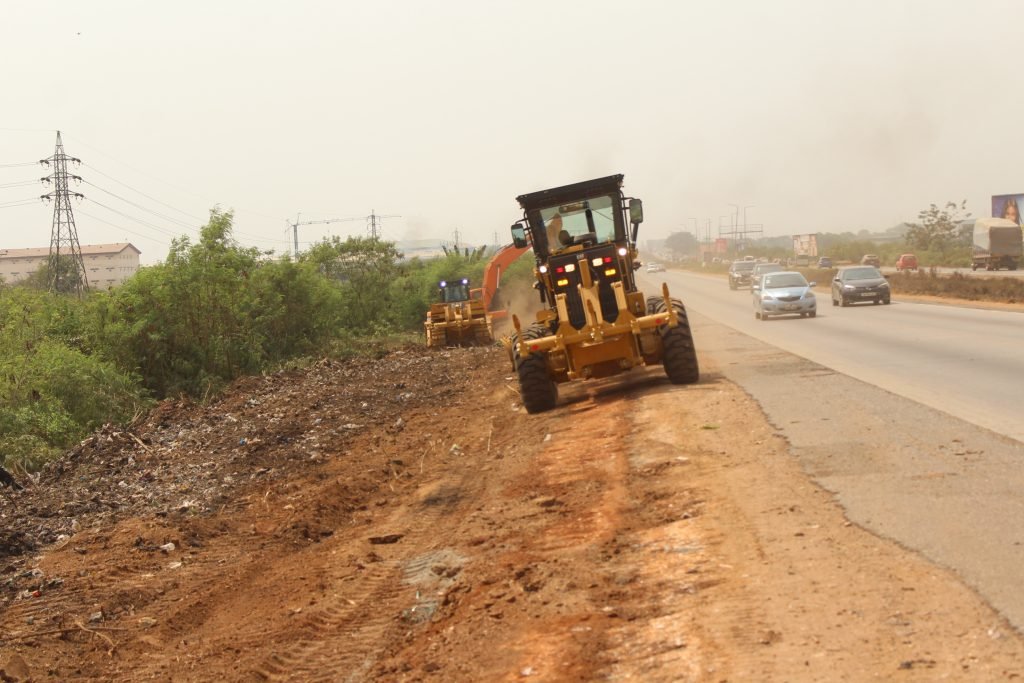
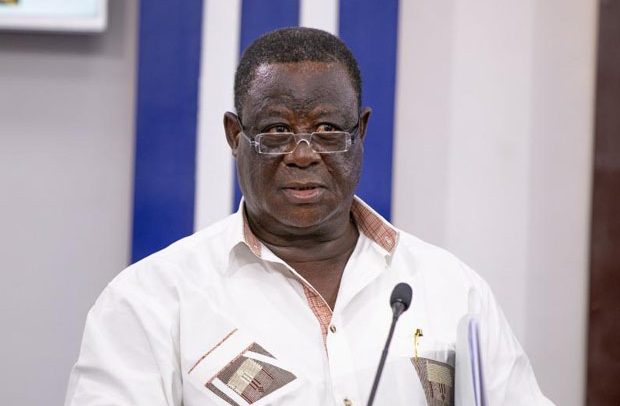





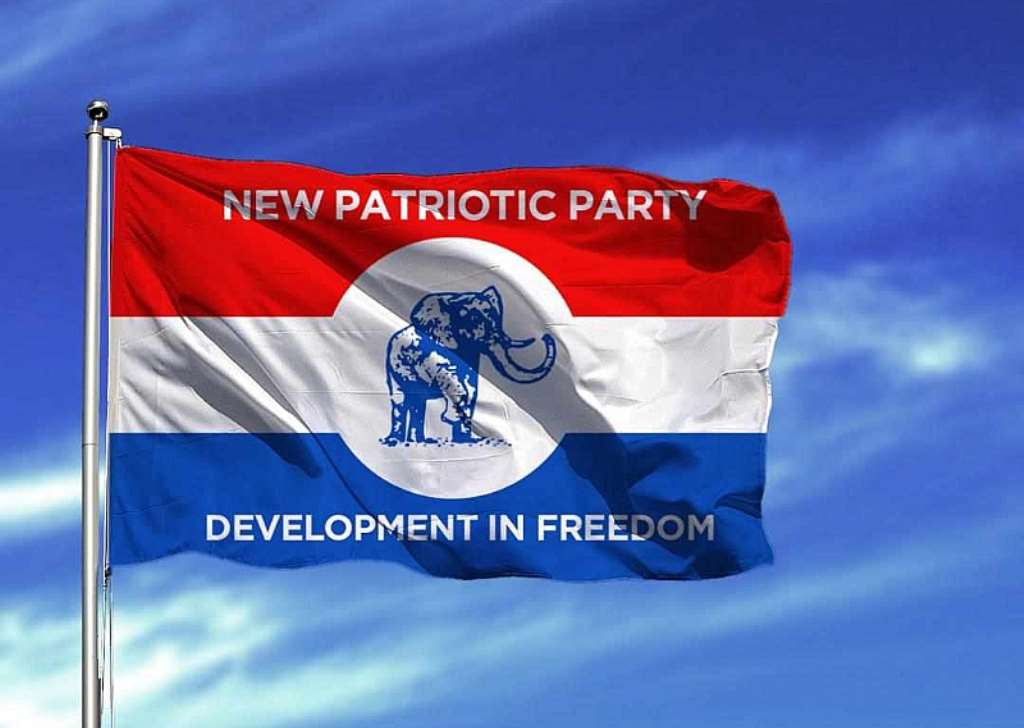
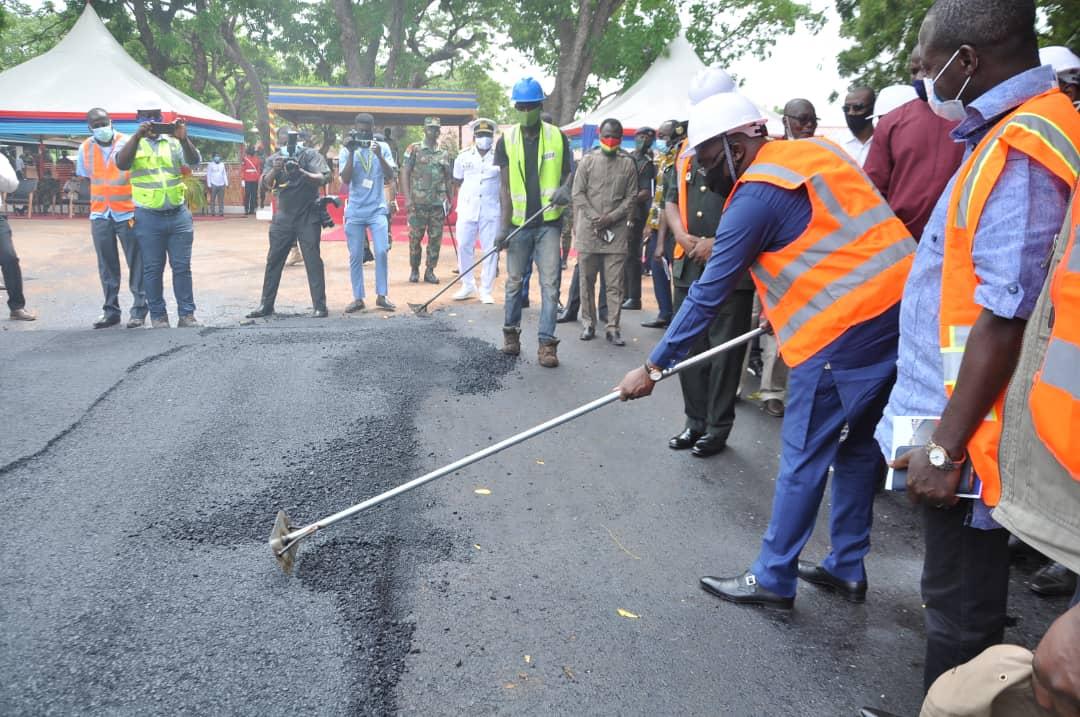










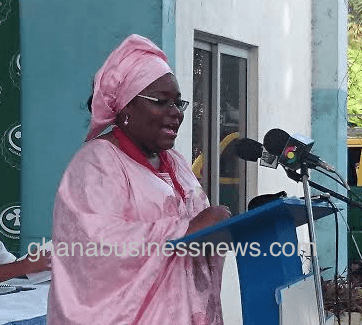
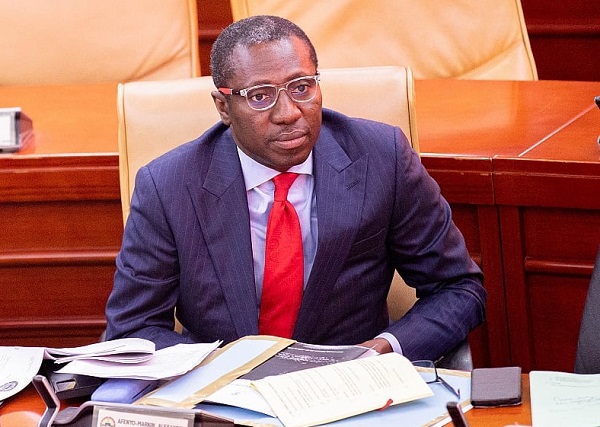



Facebook
Twitter
Pinterest
Instagram
Google+
YouTube
LinkedIn
RSS